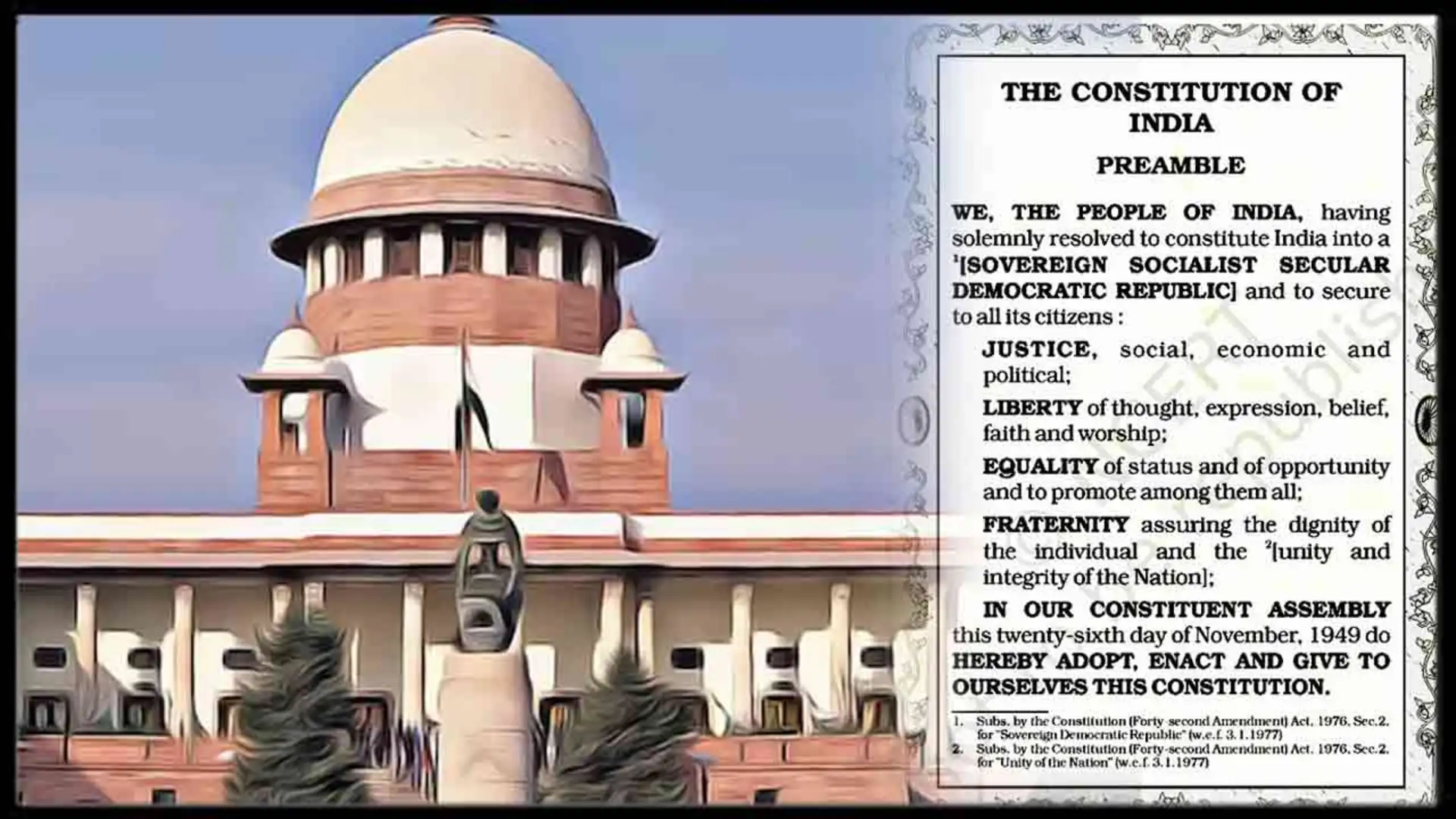
The Supreme Court in the case Krishna Kumar Vs. The State Of Uttar Pradesh observed and has expressed its shock at the conduct of an advocate for refusing to argue before the High Court.
In the present case, the court was hearing the criminal appeal.
The matter concerns the conviction of the accused persons or appellants under several provisions of the Indian Penal Code, 1860. Thus, the appellants moved the Allahabad High Court, against the said conviction.
The court in the case observed and has granted them bail till the disposal of the appeal.
The counsel appearing for the appellant refused to argued before the High Court. Thus, the interim bail granted to the appellants was cancelled.
The bench comprising of Justice Abhay S. Oka and Justice Pankaj Mithal was hearing the present matter.
The Division bench stated that this court is shocked to note that the advocate appointed by the appellants was bold enough to tell the concerned Bench of the High Court that he would not like to argue the matter before that Bench. This, this court is separately dealing with the conduct of the advocate.
The court observed that the said conduct may, prima facie, amount to criminal contempt.
Further, the Court issued a show cause notice to the concerned advocate for his appearance before the Supreme Court.
It has also been opined by the court that the bail should not have been cancelled because of the default by the appellants’ counsel. The court stated that it is needless to add that only on account of default by the advocate for the appellants, the appellants ought not to have been penalized by passing a drastic order of cancelling bail. The court stated that the court went on to state that the High Court could have instead appointed amicus curiae for the accused and heard the matter on merits. Thus, in the view of the well-settled principle that in case the accused’ counsel seeks for an ‘unwarranted adjournment’ in an appeal against conviction, the mentioned option can be adopted by the High Court.
The court in the case observed and has taken the view that in a given case where an unwarranted adjournment is sought by the advocate representing the accused in the appeal against conviction, the Court has an option of appointing an amicus curiae to espouse the cause of the accused and hearing the appeal on merits. Thus, the said course could have been adopted by the High Court.
The court while considering the facts and circumstances of the case that it is made clear that as and when the appeal is fixed for hearing, if the appellants seek an unwarranted adjournment, it will be open for the Court to proceed with the hearing of the Criminal Appeal by appointing an advocate as an amicus curiae.















